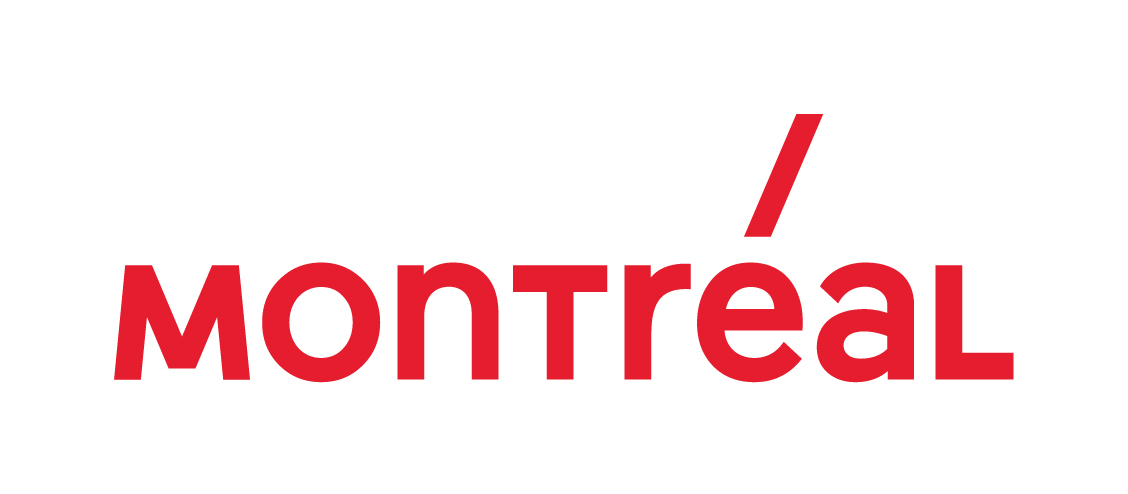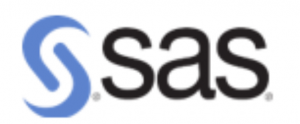Home
Educational Data Mining in Open-Ended Domains
Educational Data Mining is a leading international forum for high-quality research that mines data sets to answer educational research questions that shed light on the learning process. These data sets may originate from a variety of learning contexts, including learning management systems, interactive learning environments, intelligent tutoring systems, educational games, and data-rich learning activities. Educational data mining considers a wide variety of types of data, including but not limited to raw log files, student-produced artifacts, discourse, multimodal streams such as eye-tracking, and other sensor data. The overarching goal of the Educational Data Mining research community is to better support learners by developing data-driven understandings of the learning process in a wide variety of contexts and for diverse learners.
The theme of this year’s conference is EDM in Open-Ended Domains. As EDM has matured it has increasingly been applied to open-ended and ill-defined tasks such as writing, design, and collaborative problem-solving. And it has been used in new informal contexts where student actions are at best semi-structured. For this 12th iteration of the conference, we specifically welcome research in these new areas.
Topics of interest
Topics of interest to the conference include but are not limited to.
- Modeling student and group interaction for guidance and collaborative problem-solving.
- Deriving representations of domain knowledge from data.
- Modeling real-world problem-solving in open-ended domains.
- Detecting and addressing students’ affective and emotional states.
- Informing data mining research with educational theory.
- Developing new techniques for mining educational data.
- Data mining to understand how learners interact in formal and informal educational contexts.
- Modeling students’ affective states and engagement with multimodal data.
- Synthesizing rich data to inform students and educators.
- Bridging data mining and learning sciences.
- Applying social network analysis to support student interactions.
- Legal and social policies to govern EDM.
- Developing generic frameworks, techniques, research methods, and approaches for EDM.
- Closing the loop between EDM research and educational outcomes to yield actionable advice.
- Automatically assessing student knowledge.









